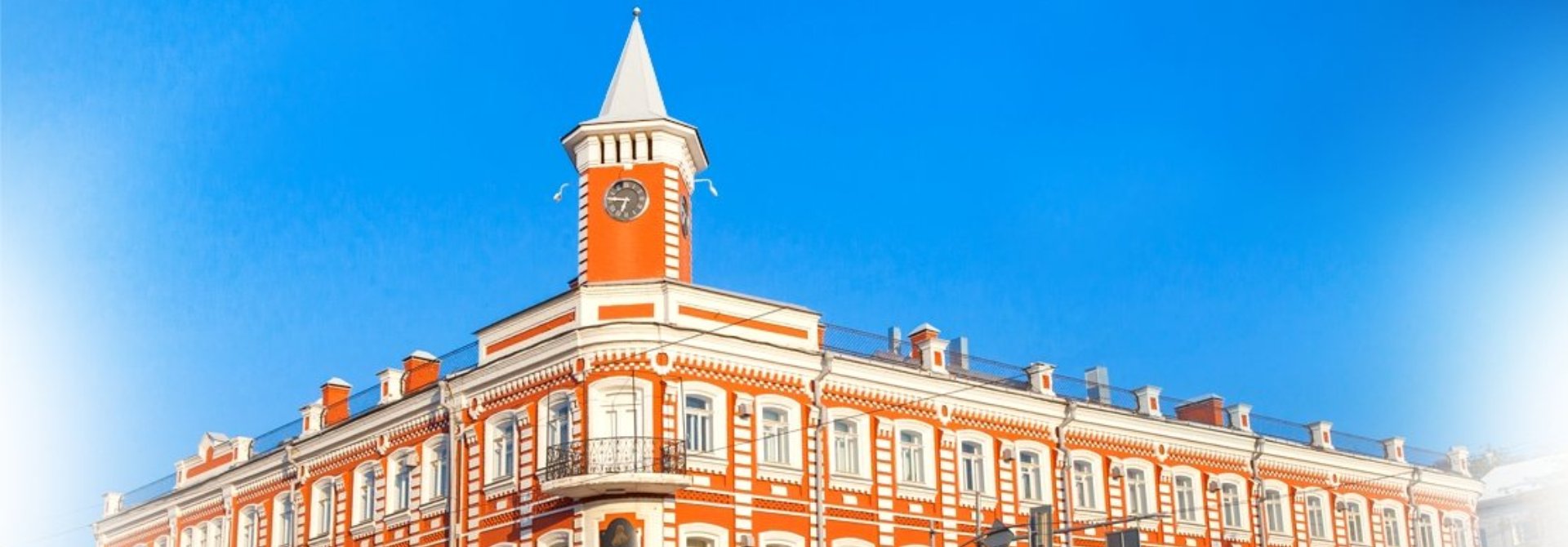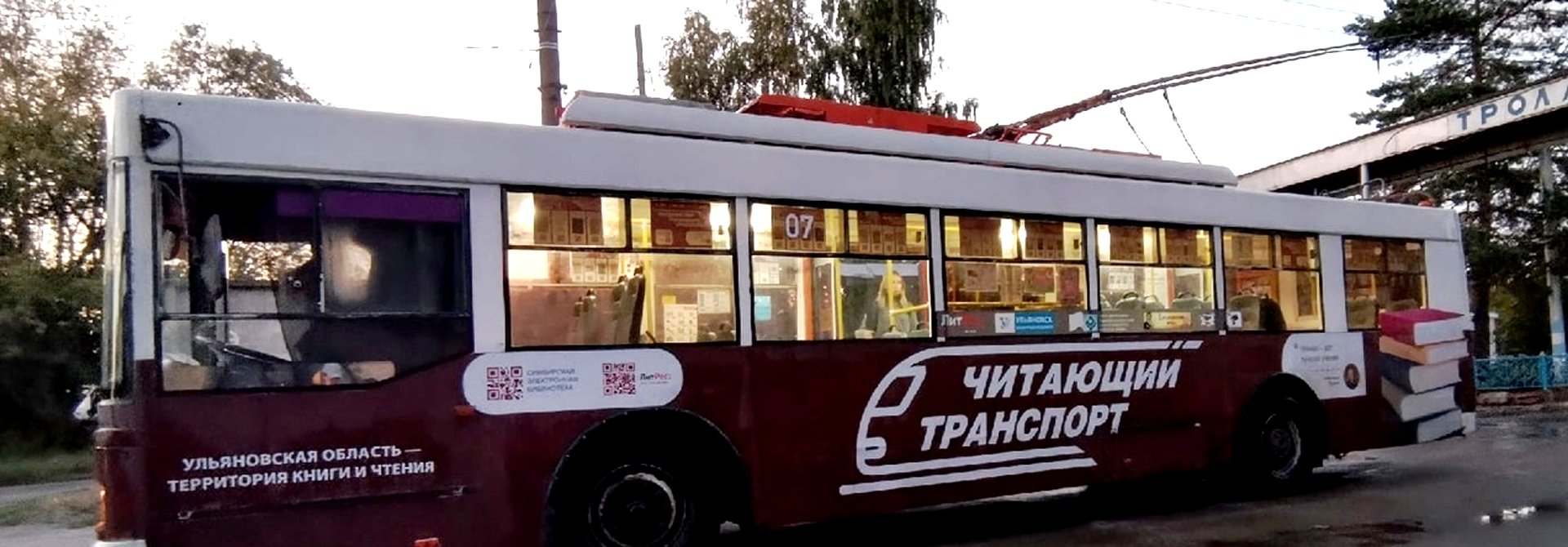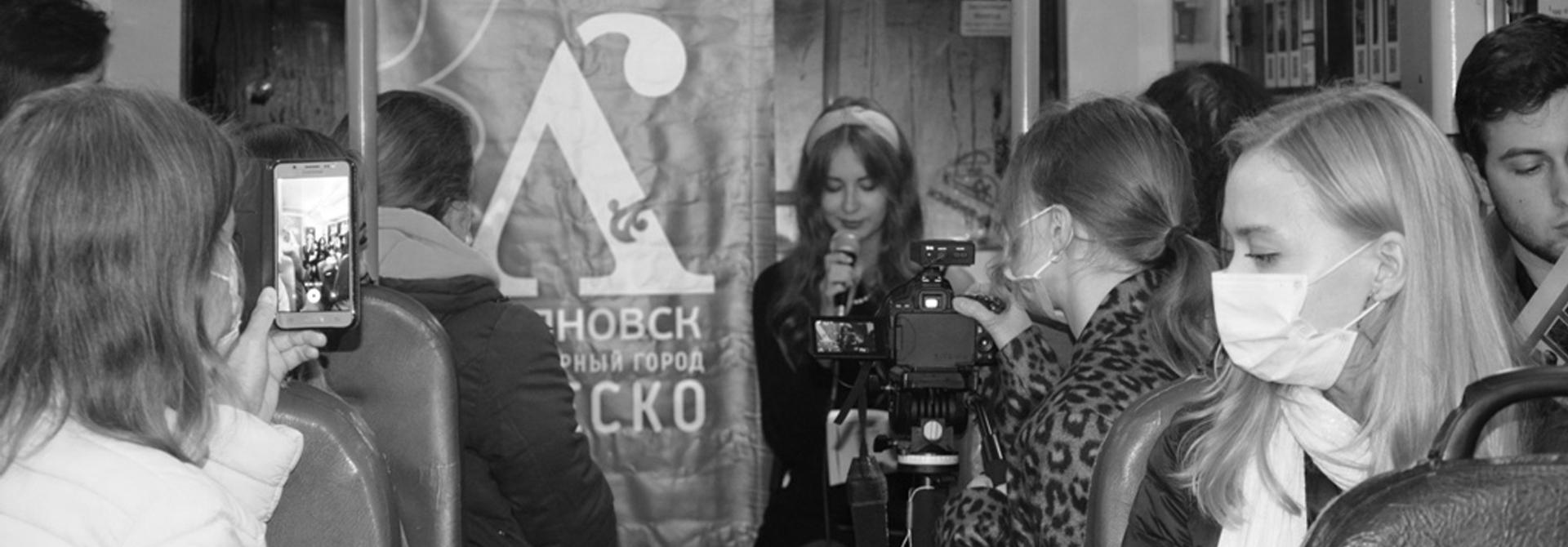
The Ulyanovsk UNESCO City of Literature Program Directorate continues publishing The Only Question - new international project - materials. 40 authors from 18 UNESCO literary cities (or related cities) participate in the project. Authors from Seattle — Ulyanovsk | Moscow – are our guests of the project.
The organizers invited writers, poets, playwrights, translators from UNESCO literary cities to imagine they have the opportunity to ask just one question to an author from any other literary city. The initiative will help to introduce the authors from the literary cities to each other and establish their dialogue. The project will also let to understand what issues are of concern to authors from different countries today. Besides, it will provide an opportunity for readers to get to know new writers and poets.
Questions and answers by the authors (in Russian and English) along with a short biography of each participant and links to their publications will regularly appear on the Ulyanovsk UNESCO City of Literature Website, other literary cities' websites, and social media, etc. Writers' dialogs will also be offered for publication on the project partners' platforms (literary magazines, libraries, literary media, and mass media). As a result of the project, in summer 2022 an online anthology will be released (in Russian and English) with all the conversations.
SEATTLE-ULYANOVSK | MOSCOW — CARA DIACONOFF - IRINA BOGATYRYOVA
Irina Bogatyryova
Dear Cara!
I'm so sorry that I couldn't reply you earlier! I was too busy these days, but I kept in mind your email and your superinteresting question - thank you so much for it! And I also read all materials about you and the beginning of your novel Stranger to You. You depicted Moscow of 90th so clearly that I recognized it - with all its kiosks on streets and beggers in the metro. I've been living in Moscow since 2000, but I remember that time - and I felt its spirit from your proze once again. Wonderful!
And everything that you wrote about your interest in Russian folklore impressed me a lot. Especially your intentions to write a novel inspired by Afanasiev's life - it's so unexpected, even in Russia not many people know him (although his collection of fairytails are still very popular). I wonder why do you have such deep interest in Russian culture, is it because of your roots (according to your surname) or not?
Anyway all of these made me to ask you a following question (because the previous one is not a question, but just my wondering;)).
I want to ask you who feels interest and knows Russian culture and folklore - do you feel connection and, maybe, influence between American and Russian cultures?
I'm sure you know that for Russians America is very important country, there are different feelings to it in the society from the adoration to the dislike, and degrees of them have been changing during the time. But, for example, when I came to the USA (I was there 3 times), I felt our countris are mostly like sisters who grew up in one family but then got married and began to live in different places and rarely have a connection. But they are still sisters. I hope you understand what I mean. So I'd like to know your opinion and maybe your feelings as a writer and a person who lived in Russia in not the best time for it.
I'm really looking forward to reading your answer. And I will answer you in my next email.
Bests,
Irina
Cara Diaconoff
Dear Irina!
Thanks so much for this email! I found your questions exciting and your encouragement about the novella based on Afanasyev very heartening! It's interesting that he's not well known in Russia as a figure. My novella actually doesn't name him as such but is told from the point of view of the youngest daughter of a figure who is very much like him- who also dies young. I tried to imagine what might have happened to his family after he died. In the novella, the daughter eventually joins a revolutionary cell-one of those terrorist movements who sought to assassinate the tsar.
I'm so flattered that you read that excerpt from I'll be a Stranger to You, and thanks for the compliments to it!
To answer your question of curiosity, yes, it's my family background that leads me to my interest in Russia. I inherited the fascination with Russia from my father, who was half-Russian. His father - my grandfather Andre, or Andrei-was born in Moscow but left with his family (when he was a young child) in the years right after the 1905 revolution. The family was "intelligentsia," and when my grandfather's father died, my grandfather's mother thought it a good time to depart for Western Europe, where I think it had always been her dream to live. It's good that they left long before 1917!
As to your larger question: that analogy of the countries as two sisters who grow apart is very interesting, and I think it is not far off the mark! I've never heard anyone make that kind of parallel between the two countries or cultures, and yet I do remember reflecting, after I first came back from Russia, that Russia and America are similar in that each is somehow an "extreme" sort of culture. Both cultures value, and reward, individual personalities that are somehow larger-than-life. Both cultures value roughness and ruggedness in individuals; individual qualities of refinement, or contemplation, or reserve don't get as much respect in either America or Russia as more aggressive qualities. Both societies aspire to value communal ideas (democracy in America, communist economy at one time in the Soviet Union) and, yet, in practice, reward individual energy, or ruthlessness, or naked grabs for power. I guess it sounds like I might compare the two countries more to two brothers than to two sisters, in that it seems that I've identified a thread of something like "machismo" in each one!
Key differences are that Russia is a much older civilization than America-and I always felt that Russian culture encouraged a sort of tragic view of Russian history and potential-and Americans are never encouraged to take a tragic view of anything. Americans are encouraged to think of their culture as one that values practicality and innovation. To some extent, I go along with the idea of America having started out as a hopeful and idealistic "experiment" in democracy and that it was a nation unfettered by a history of tyrannical rule, since the country traditionally is thought to have been founded upon the severing of ties with Britain. However, of course, that view overlooks how brutal the history of America has been-how it was founded on the genocide of native peoples and achieved great wealth as a result of the slave trade.
On a gentler note, there was a lot in the culture of Russian daily life that reminded me of the American South: the emphasis on family ties and on hospitality, for example. And, a lot of the Southerners in my Peace Corps contingent seemed to understand those aspects of Russian life very well and responded instinctively to them. Thanks so much for the question(s)! And I look forward to a further exchange.
ABOUT THE AUTHORS
Cara Diaconoff

I earned a B.A. at Oberlin College, an M.A. in English literature at University of Wisconsin, and an M.F.A. in creative writing at Indiana University. I have taught writing and literature as a visiting professor at Southern Methodist University, a Visiting Writer at Whitman College, a lecturer at Texas Christian University, a Peace Corps volunteer at colleges in Russia, and currently as an instructor at Bellevue College in Bellevue, Washington. I also served as managing editor of The Gettysburg Review. I am the author of a story collection, Unmarriageable Daughters, published by Lewis-Clark Press, and a novel, I’ll be a Stranger to You, published by Outpost19 e-books. I’ll be a Stranger to You won first prize in the novel category in the Utah Original Writing Competition, sponsored by the Utah Arts Council. My second novel, Marian Hall, is currently seeking publication. My stories have appeared individually in Indiana Review, Other Voices, The Adirondack Review, descant, and elsewhere; my honors include fellowships from the Norman Mailer Center and the Indiana Arts Commission and residencies at the MacDowell Colony. I am currently working on a collection of stories inspired by Russian folk tales and historical settings.
https://www.linkedin.com/in/caradiaconoff/
http://www.outpost19.com/IBASTY/
https://statorec.com/on-crushing-an-excerpt-by-cara-diaconoff/
Ирина Богатыерва

Irina Bogatyryova is a writer, musician, and anthropologist. She is the author of books "AvtoSTOP" ("Off the beaten track", Moscow, Glass, 2012), "Comrade Anna" ("Camarade Anna", 2018, Albin Michel), "Kadyn", "Spirits", "A formula of freedom", "I am a sister of Totoro", "White sogra", "Vedyana", "Moscow is speaking", etc. Novels and short stories were translated into English, Chinese, Dutch, Arabian, French, Swedish. Irina was born in Kazan, grew up in Ulyanovsk. Graduated from Moscow Literature Institute and Russian State University for the Humanities. Her prose was published in Russian literature magazines. She's a winner of the "Debut prize" - the literature prize for young writers, Goncharov prize, and Student Booker. A winner of Mikhalkov's prize for literature for teenagers and Kniguru - the prize for children's and teenagers' literature.
Plays the jew's harp in a duo "Olkhon Gate".
Publications:
In Russian
De aanval in Dutch.
Exit (Portal 9) in English and Arabic.
Camarade Anna in French, published by Albin Michel link
The Russian Kerouacs: Irina Bogatyreva’s guide to hitchhiking
Previous issues:
- Heidelberg-Ulyanovsk – Şafak Sariçiçek and Sergei Gogin
- Melbourne - Heidelberg – Christopher Raja and Klaus Kayser
- Calgary-Mannheim - Kelly Kaur And Claudia Schmid
- Melbourne And Ulyanovsk - Rijn Collins and Gala Uzryutova
- Heidelberg - Nottingham – Ingeborg von Zadow and Leanne Moden
- Durban-Ulyanovsk – Adiela Akoo and Sergei Gogin
- Heidelberg-Ulyanovsk|Moscow – Şafak Sarıçiçek and Irina Bogatyryova
- Yekaterinburg-Iowa City – Ekaterina Simonova and Jacquelyn Bengfort
- Iowa City-Québec – Jeremy Geragotelis and Vanessa Bell
- Heidelberg-Ulyanovsk – Juliane Sophie Kayser and Gala Uzryutova
- Durban-Melbourne – Adiela Akoo and Rijn Collins
- Heidelberg – Dublin – Şafak Sarıçiçek and Csilla Toldy
- Ulyanovsk - Heidelberg - Gala Uzryutova and Juliane Sophie Kayser
- Melbourne-Heidelberg: Anne Richter And Judith Rossell
- Ljubljana-Melbourne – Andrej Tomazin and Jo Langdon
- Melbourne and Heidelberg - Christopher Raja and Konstantin Hanack
- Seattle and Ulyanovsk - Cara Diaconoff and Sergei Gogin
- Melbourne - Ulyanovsk – Penelope Bartlau and Danila Nozdryakov
- Durban - Manchester – Adiela Akoo and Roma Havers
- Norwich - Melbourne– Elena Traina and Penelope Bartlau
- The Only Question: Seattle – Ulyanovsk | Moscow — Cara Diaconoff - Irina Bogatyryova part I




